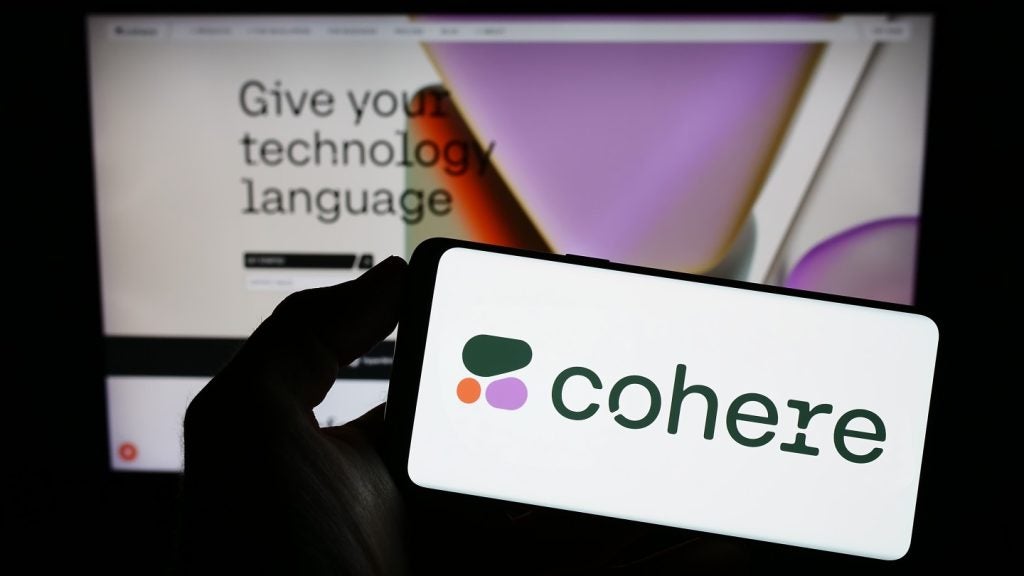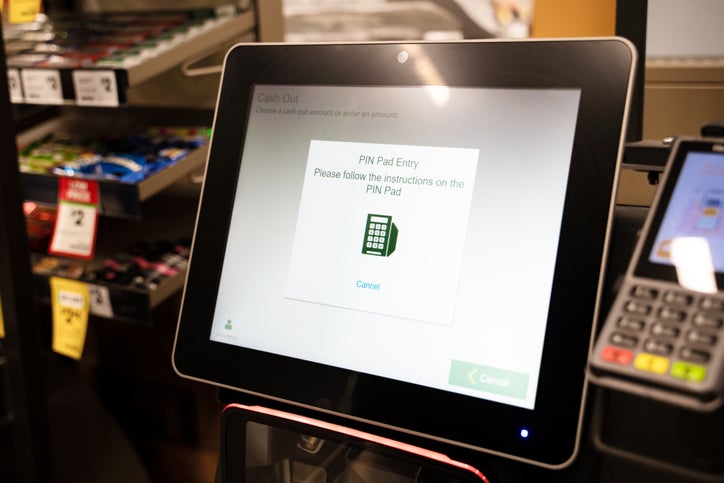On 9 January, US medical device company St. Jude announced the release of a cyber security update to its remote heart monitoring system.
The same day, the US Food and Drug Administration (FDA) issued a safety notice for the system alerting physicians and patients to the possibility of a security breach.
The reason for these sudden updates was a flaw in the device exposed by cyber security experts MedSec. It found vulnerabilities in the monitoring system used by patients with pacemakers or defibrillators.
In October 2016 medical device giant Johnson & Johnson issued a warning to users of the company’s insulin pump of a possible security hole.
These devices all use either a mobile phone app or cloud-based storage.
Warnings over these kind of vulnerabilities are becoming more frequent but companies are not slowing down their development of app and cloud-based devices.
How well do you really know your competitors?
Access the most comprehensive Company Profiles on the market, powered by GlobalData. Save hours of research. Gain competitive edge.

Thank you!
Your download email will arrive shortly
Not ready to buy yet? Download a free sample
We are confident about the unique quality of our Company Profiles. However, we want you to make the most beneficial decision for your business, so we offer a free sample that you can download by submitting the below form
By GlobalDataOn 9 January, the same day both St. Jude and the FDA recognised flaws in the heart monitoring system, orthopedic device manufacturer Orthofix announced FDA and EU CE Mark approval for the next iteration of its bone growth stimulators.
Along with these updated devices, Orthofix revealed its mobile app that can communicate real-time patient data to physicians as well as alert patients to treatments.
Preventing attacks
Regulations exist for the privacy of patient health information, and devices must meet certain safety requirements in order to receive market approval.
However, current FDA and CE Mark regulations are incredibly vague on the issue of cybersecurity in innovative devices.
These regulatory bodies only offer guidance and recommendations, essentially depending on the manufacturer to ensure that devices are secure and continually monitored for necessary updates.
Where do we go from here?
The global population is becoming increasingly connected, and emerging technologies often exist solely in an app-based format to achieve speedy adoption.
The incorporation of real-time data and cloud-based innovations into medical devices certainly presents a number of benefits. For example, physicians will be able to more easily monitor patient compliance to a treatment regime without the need for frequent office visits.
This will be particularly useful in rural and developing nations, where access to healthcare is severely limited and follow-up visits are not often possible.








Related Company Profiles
AMP Ltd